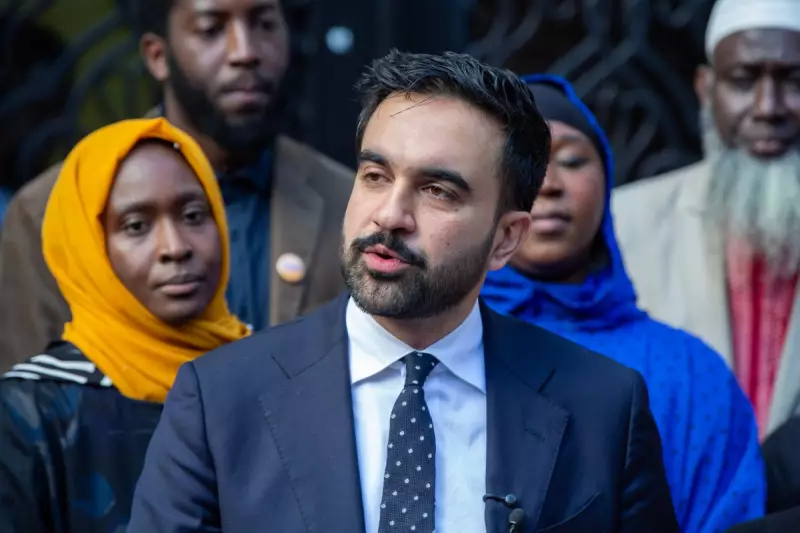
In a dramatic statement that has sent shockwaves through political circles, New York State Assemblyman Zohran Mamdani has declared he can no longer identify as Jewish due to Israel's military actions in Gaza. The Democratic Socialist's controversial remarks have ignited a fierce debate about identity, politics, and the boundaries of religious affiliation.
A Political Firestorm Erupts
The Queens representative made his startling declaration during a recent interview, explaining that his decision stems from what he describes as Israel's "genocidal campaign" in Gaza. "When I see the state that claims to represent me engaging in such violence, I cannot in good conscience maintain that connection," Mamdani stated.
The 31-year-old politician's comments have drawn immediate condemnation from Jewish organizations and political opponents alike. The Jewish Community Relations Council of New York called his remarks "deeply offensive," while several fellow lawmakers have questioned the appropriateness of linking personal religious identity to foreign policy disagreements.
Progressive Politics and Identity
Mamdani, a prominent member of the Democratic Socialists of America, has long been critical of Israeli government policies. However, his latest statement represents a significant escalation in how he frames his personal relationship with his Jewish heritage.
"This isn't about abandoning my heritage," Mamdani clarified in follow-up comments. "It's about rejecting the weaponization of that heritage to justify violence against Palestinians."
Mixed Reactions from Constituents
Reaction in Mamdani's diverse Queens district has been divided. Some constituents have praised his moral stance, while others have expressed concern about the implications of his statement for Jewish communities.
Local rabbi David Wise commented: "While everyone has the right to their political opinions, tying one's religious identity to temporary political conflicts is concerning. Jewish identity transcends the actions of any government."
Broader Implications
The controversy comes amid ongoing debates within progressive movements about the Israeli-Palestinian conflict. Mamdani's statement highlights the increasingly complex relationship between left-wing politics, religious identity, and international affairs.
Political analysts suggest this incident reflects broader tensions within the Democratic Party, where progressive and traditional wings often clash over Middle East policy and the boundaries of acceptable discourse.
As the debate continues, Mamdani's declaration raises fundamental questions about how politicians navigate personal identity, religious heritage, and political convictions in an increasingly polarized world.






